To provide the best experiences, we use technologies like cookies to store and/or access device information. Consenting to these technologies will allow us to process data such as browsing behaviour or unique IDs on this site. Not consenting or withdrawing consent, may adversely affect certain features and functions.
The technical storage or access is strictly necessary for the legitimate purpose of enabling the use of a specific service explicitly requested by the subscriber or user, or for the sole purpose of carrying out the transmission of a communication over an electronic communications network.
The technical storage or access is necessary for the legitimate purpose of storing preferences that are not requested by the subscriber or user.
The technical storage or access that is used exclusively for statistical purposes.
The technical storage or access that is used exclusively for anonymous statistical purposes. Without a subpoena, voluntary compliance on the part of your Internet Service Provider, or additional records from a third party, information stored or retrieved for this purpose alone cannot usually be used to identify you.
The technical storage or access is required to create user profiles to send advertising, or to track the user on a website or across several websites for similar marketing purposes.
 New research from Kadence (formerly Chargifi) claims that after a year of flexible working, almost two-thirds of US and UK office workers (62 percent) now feel more trusted to do their job effectively. Of those workers, half also feel more motivated to do a better quality job (51 percent) and go the extra mile (48 percent) thanks to their new working arrangements. (more…)
New research from Kadence (formerly Chargifi) claims that after a year of flexible working, almost two-thirds of US and UK office workers (62 percent) now feel more trusted to do their job effectively. Of those workers, half also feel more motivated to do a better quality job (51 percent) and go the extra mile (48 percent) thanks to their new working arrangements. (more…)







 New polling, carried out to mark the start of
New polling, carried out to mark the start of 


 Workers are leaving jobs like never before, and it’s causing a shortage of talent that has companies around the globe reeling, according to a
Workers are leaving jobs like never before, and it’s causing a shortage of talent that has companies around the globe reeling, according to a 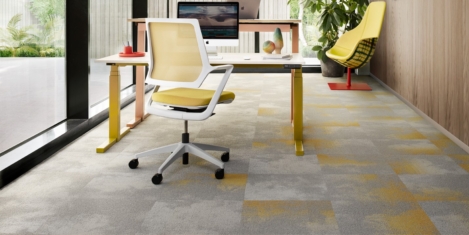
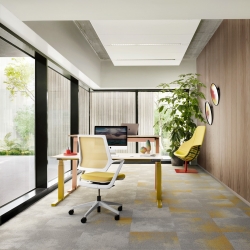
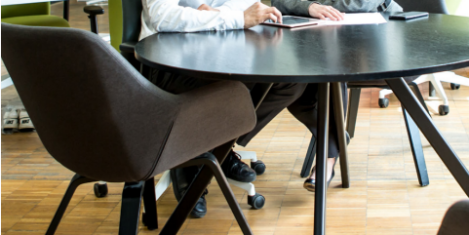
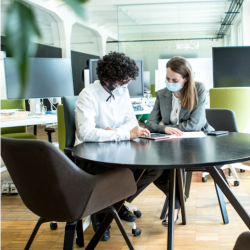

 Research from
Research from 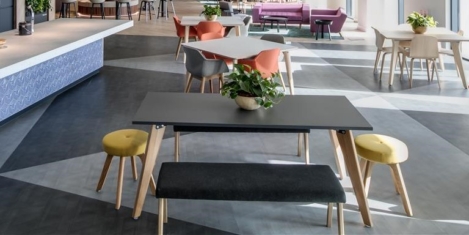
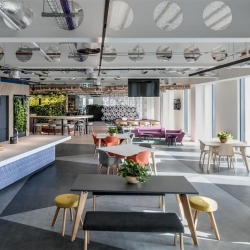

 A new study from researchers at University College London claims that the journey to work has benefits for people’s mental health, fitness levels and work-life balance. According to the study into attitudes to commuting led by neuroscientist
A new study from researchers at University College London claims that the journey to work has benefits for people’s mental health, fitness levels and work-life balance. According to the study into attitudes to commuting led by neuroscientist 


 Since offices reopened, there has naturally been a much greater focus on health and safety. Office managers everywhere have deployed one-way corridors, anti-viral disinfectant wipes, and daily temperature checks in order to ensure that those who have returned to the office feel safe. Globally, businesses have learned to cope with these adverse circumstances, but there are other lessons from the past year that we should use to refresh the workplace as well.
Since offices reopened, there has naturally been a much greater focus on health and safety. Office managers everywhere have deployed one-way corridors, anti-viral disinfectant wipes, and daily temperature checks in order to ensure that those who have returned to the office feel safe. Globally, businesses have learned to cope with these adverse circumstances, but there are other lessons from the past year that we should use to refresh the workplace as well. 








September 30, 2021
The truth about the workplace comes out of the well
by Mark Eltringham • Comment, Property, Technology, Wellbeing, Workplace design